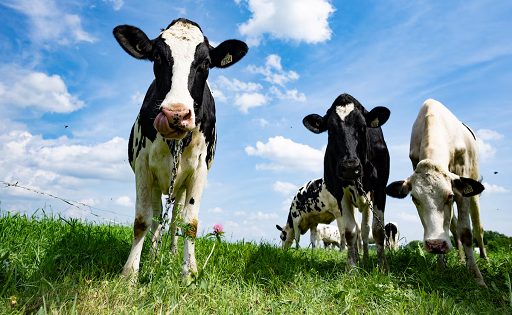
The U.S. International Trade Commission is investigating if Canada’s supply management system is distorting global markets with low prices.
The Canadian dairy industry is once again under international scrutiny, as the U.S. International Trade Commission (ITC) has initiated an investigation into alleged low-priced dairy protein dumping. The accusation, led by U.S. lobby groups, claims that Canada’s supply management system is allowing its processors to export surplus dairy proteins at artificially low prices, destabilizing global markets and harming major exporters.
The main argument from the complainants, such as the National Milk Producers Federation, is that it makes no sense for a country with such high domestic milk prices to export products like skim milk powder at the lowest prices on the international market. They argue this is because the supply management system, by linking production to butterfat demand, generates surplus milk solids that Canada seeks to “dispose of” in the global market.
In its defense, Canada has responded that its dairy production is oriented toward satisfying domestic demand and that its export volume is too small to distort international markets. The country presented data showing that its share of global exports has decreased, representing only 0.93% in 2023, compared to the 43.8% collectively held by the three largest exporters: the United States, New Zealand, and Germany.
The ITC investigation is delving into the mechanisms of the Canadian system. U.S. complainants allege that to protect its manufacturers, Canada sets lower prices for certain dairy products used as ingredients. The losses from this strategy, according to the complaint, are cushioned by the high domestic prices of other products. Furthermore, it is suspected that Canada is mixing and misleadingly labeling products to circumvent export controls previously agreed upon in trade treaties.
This trade conflict occurs at a time of heightened global competition for dairy proteins, especially following the stabilization of demand from China. The ITC’s resolution, expected in March 2026, will be a key milestone for the future of dairy trade. Its verdict could influence negotiations of the United States-Mexico-Canada Agreement (USMCA), whose reviews are scheduled for July of the same year.
Fuente: The Globe and Mai





















